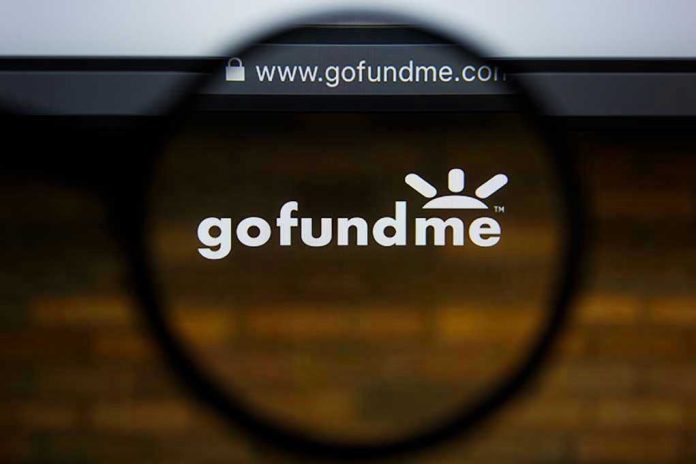
Defense attorneys for a convicted murderer now argue that massive GoFundMe donations should excuse him from compensating the victims’ families, raising alarm about the future of restitution and accountability in America’s justice system.
Story Snapshot
- Bryan Kohberger’s lawyers claim GoFundMe donations cover victims’ expenses, challenging a $27,329.64 restitution order
- Families of the murdered students received over $200,000 in public donations, most earmarked for court-related costs
- The court must now decide if crowdfunding relieves offenders of their financial obligations to victims
- This case could set a national precedent, impacting how victims’ families seek support after high-profile crimes
Kohberger’s Defense Cites GoFundMe to Dodge Restitution
Bryan Kohberger, the convicted killer of four University of Idaho students, is refusing to pay an additional court-ordered restitution of $27,329.64. His defense team argues that the families of Kaylee Goncalves and Madison Mogen already received ample financial support—over $200,000 collectively—from GoFundMe donations, specifically intended to cover travel and accommodation costs related to attending court proceedings. Kohberger’s attorneys claim that, as their client is serving life in prison, he has no practical means to pay further restitution, and the families have not suffered additional economic loss.
The defense’s objection is now before the court, which must decide whether it is just to require further payment when public donations have addressed the claimed losses. This unprecedented legal maneuver has stirred outrage among victims’ advocates and legal experts, who warn that accepting such an argument could weaken the longstanding principle that offenders—not the public—bear financial responsibility for the harm they cause. The families’ lawyers and the State of Idaho maintain that court-ordered restitution is a separate legal obligation, not to be replaced by charitable fundraising.
Families’ Expenses and GoFundMe: The Legal and Ethical Debate
Restitution typically ensures that victims’ families are made whole for financial burdens directly related to a crime. In this case, the Goncalves and Mogen families incurred significant travel and lodging expenses after court proceedings moved from Moscow, Idaho, to Boise—a hardship amplified by the emotional toll of the trial. GoFundMe campaigns raised $85,583 for the Goncalves family and $48,815 for the Mogen family, with stated purposes including travel and court costs. The defense asserts these donations fully addressed the families’ needs, while the prosecution counters that such private support should not absolve the convicted killer from his legal debts.
Legal scholars note that while courts may consider third-party payments in restitution calculations, rarely have donations from the public been so central or substantial. The risk, critics say, is setting a precedent where high-profile defendants exploit public generosity to escape their own financial penalties. This debate has broader implications for the integrity of the justice system and the rights of victims’ families to seek both justice and meaningful compensation.
Potential Fallout: Precedent for Crowdfunding in Criminal Cases
The court’s upcoming decision may shape the intersection of crowdfunding and victim compensation for years to come. If the objection stands, future defendants could routinely use public donations as a shield against restitution, undermining the core principle that offenders—not strangers—are responsible for the costs of their crimes. Such a ruling could also discourage future charitable giving, as donors may fear their contributions will simply relieve criminals of their obligations. The legal community is closely watching how the court addresses the lack of clear precedent and balances the interests of justice, deterrence, and victim support in an era of viral fundraising.
Some families have indicated willingness to refund donations if restitution is paid, but it remains unclear whether refunds have been issued or if donors have requested them. Until the court rules, the Goncalves and Mogen families—and crime victims across the nation—face uncertainty about how financial relief will be determined in the shadow of unprecedented public generosity.
Expert Opinions and the Road Ahead
Legal experts are divided. Some argue that offenders must always be held financially accountable regardless of outside donations, to maintain justice and deterrence. Others suggest that double compensation is unfair, especially when families have received targeted support. Criminal justice scholars highlight the urgent need for legislative guidance on how crowdfunding should affect restitution calculations, warning that the current ambiguity could erode victims’ rights and public trust. The court’s decision in the Kohberger case will resonate far beyond Idaho, potentially redefining financial accountability for crime victims nationwide.
Sources:
Idaho Killer Bryan Kohberger Sparks Outrage Over Restitution
Kohberger Fights Restitution, Says Victims’ Families Got Donations











